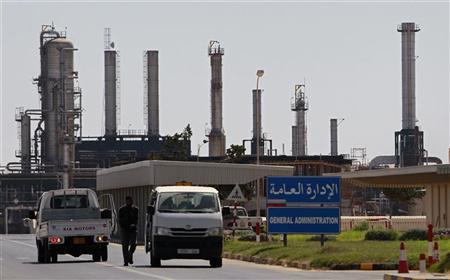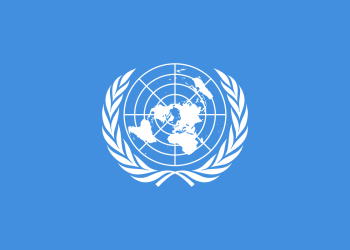By Michel Cousins.

Tripoli, 30 November:
Zawia refinery has resumed normal activity after a two-day blockade by local war-wounded revolutionaries ended last . . .[restrict]night, Thursday. The protestors had refused to let petrol tankers in or out of the refinery and threatened to continue their action unless a number of European countries sped up visa applications to enable the wounded to treated there. Much of their frustration was levelled at Germany.
The halt in supplies had resulted in panic paying and long queues at petrol stations in Tripoli which depends on Zawia for much of its fuel.
The protest ended after a meeting between a number of the war-wounded and two members of the local council with one of the town’s congressmen, Mohamed Al-Kilani on Thursday. He conveyed assurances from Prime Minister Ali Zeidan that the wounded would be treated abroad.
At the beginning of the month, the Zawia refinery was shut down by the same protestors demanding treatment abroad. The authorities conceded to the demands but, according to officials in Zawia, the problem was then getting foreign governments to agree to treat the wounded because of unpaid bills. It is claimed that Libya paid $34 million to Germany for treatment costs but that this was allocated to unpaid Libyan medical bills with Germans hospitals.
It has now been announced that the government is paying a further €5 million each to Germany and Switzerland towards the costs of treating the war wounded in both places.
According to Zawia officials, 168 local war-wounded will be sent abroad. The largest single group will go to Switzerland, the rest to Germany and elsewhere in the EU as well as to Turkey and Tunisia.
The panic-petrol buying in Tripoli ended prior to the latest settlement, after the authorities assured the driving public that it had sufficient petrol reserve to last at least 25 days. However, officials from Brega Oil Company have told the Libya Herald that there is enough petrol stored around the capital to ensure supplies for 66 days. [/restrict]






